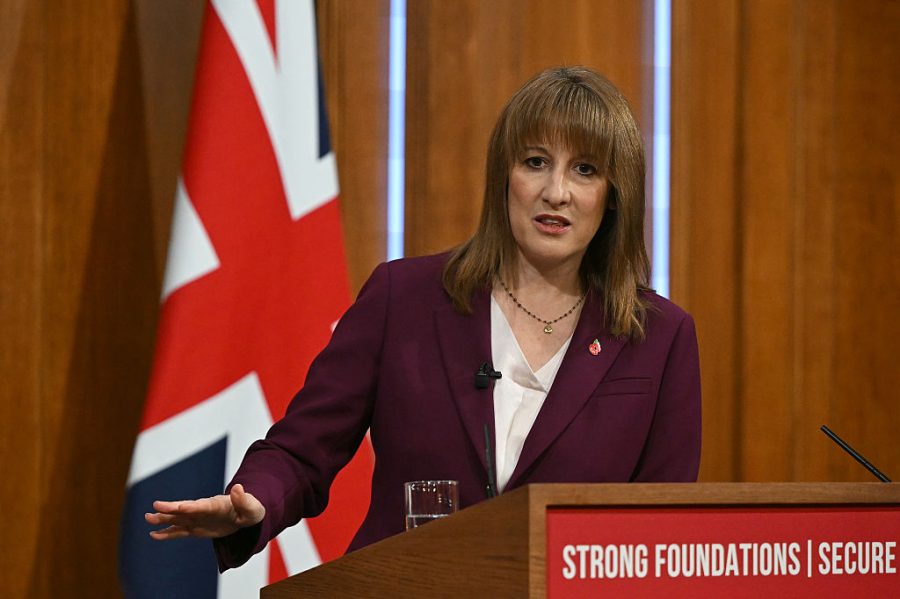With less than a fortnight to go until the Budget, it seems Rachel Reeves has performed an almighty U-turn. At the beginning of the week, the established consensus in Westminster was that the base rate of income tax would rise, breaking Labour’s flagship manifesto pledge. The Chancellor had already rolled the pitch, holding a press conference at which she warned ‘each of us must do our bit’. But the Financial Times – Reeves’ newspaper of choice – reports today that she has ‘ripped up’ her plans. Citing two officials, the paper reports that the decision to change tack was communicated to the OBR on Wednesday. Speaking on the media round, Culture Secretary Lisa Nandy refused to engage with the report, saying only, ‘When those decisions are made, the Chancellor will announce them’.
Reeves is now reliant on an unappetising ‘smorgasbord’ of tax rises across the board
Why the sudden change of heart? Those within government suggest that the politics of the move would simply have been too hard. Treasury spinners always like to present Budgets as deeply Socratic exercises. But with the Parliamentary Labour party in a sulphurous mood, breaking a flagship commitment in the aftermath of this week’s briefing war was judged – in the words of one aide – to be a ‘compromise too far’. It means that Reeves is now reliant on an unappetising ‘smorgasbord’ of tax rises across the board. There are various other options by which Reeves can fill her fiscal hole of between £20 billion to £30 billion, including cutting thresholds at which people pay different rates of tax. Such a ‘pick and mix’ approach has the merit of not breaching a manifesto commitment – but it risks picking many simultaneous fights. The inheritance tax raid on farmers is a prime example of the dangers here.
Among MPs, there is a sense of frustration. One likens the management of the parliamentary party to the Grand Old Duke of York’s military command: ‘We have been led up the hill and back down again.’ In her discussions with colleagues, Reeves’ strongest card has been the gilt markets. Kitty Usher, the former Treasury minister, recently held a briefing session for government aides to stress Reeves’ fiscal constraints. To therefore suddenly drop the biggest revenue-raising measure from the Budget with less than a fortnight to go, looks – in the words of one normally loyal MP – suspiciously like ‘the adults have now left the room. They’ve done exactly what they accused the Tories of: putting short term politics ahead of our country’s longer term needs.’
It was Louis XIV’s finance minister who likened the art of taxation to ‘plucking the goose’, whereby the skill was on obtaining the ‘largest possible amount of feathers with the smallest possible amount of hissing’. Reeves now looks set to pluck many different beasts: expect a great deal of hissing in the months ahead.







Comments